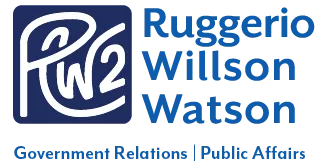
Frequently Asked Questions
Can anyone hire a lobbyist?
Yes, anyone—whether an individual, business, nonprofit, or other organization—can hire a lobbyist, as long as they comply with legal and ethical regulations. Lobbyists must typically register with the government and disclose their activities, depending on jurisdiction. Hiring a lobbyist is common for companies, trade associations, advocacy groups, and even local governments seeking to influence policy or secure funding.
In what ways are lobbyists regulated?
Lobbyists in the U.S. are regulated both federally and at the state level. At the federal level, they must be registered and disclose their activities under laws like the Lobbying Disclosure Act and the Honest Leadership and Open Government Act. They file periodic reports about their spending and clients, and are restricted regarding gifts and travel for public officials.
How does lobbying benefit the government?
Lobbying can benefit the government by providing access to specialized knowledge and policy insights. Lobbyists offer valuable expert data, feedback, and perspectives, helping policymakers understand the likely impact of laws. They also facilitate communication between the government and private sectors, allowing more informed decision-making.
What is direct lobbying?
Direct lobbying involves directly contacting government officials with the goal of influencing legislation or policy. This includes activities like meetings, phone calls, or emails aimed at specific laws or government decisions. It differs from grassroots lobbying, which focuses on mobilizing the public. Typically, registered lobbyists or advocacy groups initiate these efforts.
What is grassroots lobbying?
Grassroots lobbying is the practice of mobilizing the general public to influence government policy or decisions. Instead of directly contacting lawmakers, this approach encourages citizens to contact their elected officials, participate in campaigns, or engage in other public activities to advocate for a specific issue or cause.
What is public affairs?
Public affairs is a broad term that encompasses activities aimed at managing and influencing the relationship between an organization—such as a business, nonprofit, or government agency—and its key stakeholders, including policymakers, regulators, community groups, and the general public.
